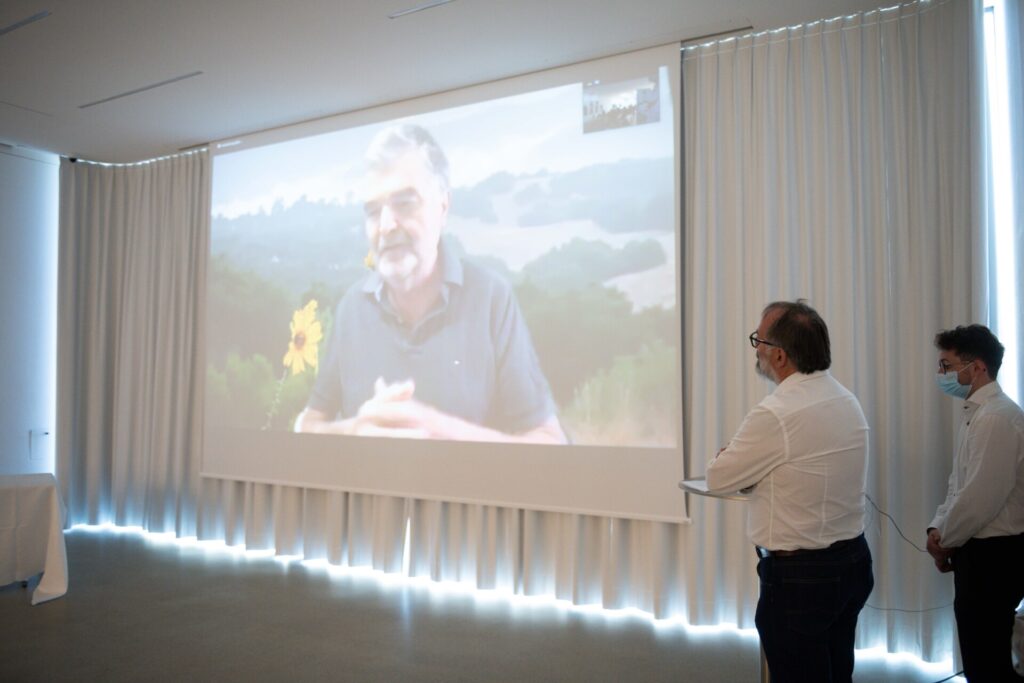A gastroenterologist, who is a professor at the UCLA School of Medicine in Los Angeles and a pioneer in the research field of what is known as the mind-gut connection, a topic on which he has decided to write a book. During one of our online Care’s Talk we had the honour of talking to Emeran Mayer, who explained to us the relationship between the intestine and the brain and how our nutritional choices often have negative impacts on our health as well as on our planet. Indeed, sustainability also represents a nutritional challenge.
Environmental impact of industrial agriculture
The majority of the food we consume comes from an industrial type of agriculture where pesticides, fertilisers, and chemicals are used extensively and thus has a huge environmental impact. This kind of intensive mass production:
- favours monocultures;
- impoverishes biodiversity;
- destroys the soil’s ecosystem;
- causes uncontrollable deforestation.
That is not all: the fruits and vegetables we ingest contain low amounts of nutrients, often have an unnatural taste and weaken our bodies, making them more susceptible to developing pathogens. That is because, as Mayer explained, “our digestive system is much more sensitive, complex and more powerful than medicine used to think in the past. The microbes inhabiting our intestine communicate directly with our brain and thus have a major impact on our immune system, emotions and psychophysical well-being in general.”
In this way, the rise of allergies and infectious diseases is related to the food we choose to eat. The situation is exacerbated by intensive farming where animals are often grown in terrible conditions and given antibiotics and hormones. Therefore, at this point it becomes essential to educate people concerning:
- what we eat;
- where the food we eat comes from;
- the interactions of microbiome (together with the microbiomes present in our gut).
Together with Patagonia Provisions to protect the planet
Therefore, faced with this less than cheery scenario, how can nutrition contribute to environmental protection? “We have to promote an organic and regenerative culture based on seasonality and the diversification of agriculture which only employs natural fertilisers.” A few years ago, Mayer decided to set an example by contributing to the growth of Patagonia Provisions, a brand that was founded by his friend Yvon Chouinard: “It is a line of sustainable food products from all over the world that have been made through regenerative practices, supports small producers and thus protects the environment.”

